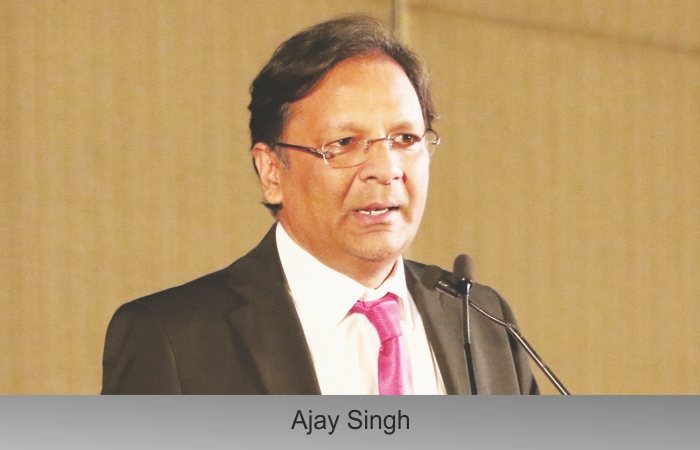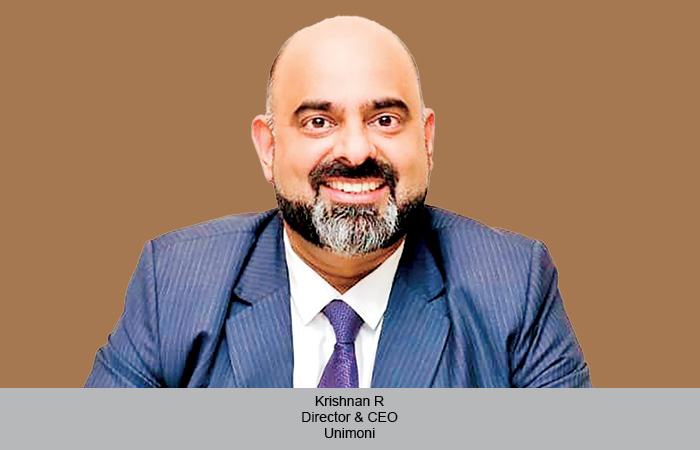Ajay Singh, Chairman & Managing Director, SpiceJet, speaking at the GMR group webinar titled ‘Reposing the Faith in Flying’, said that it was time India’s key cities for passenger traffic became hubs for global aviation. According to him, a review of policies would be the first step in achieving this goal.
Nisha Verma
Aviation has been one of the most impacted sectors during the COVID crisis, says Ajay Singh, adding that the revenue for airlines and airports almost came to zero and it’s been a really difficult time not only in India, but also globally. “At SpiceJet, we tried to take a different path. When there was no passenger traffic, we decided early on to use our aircraft for the cargo business, which was our most significant reaction to this COVID crisis,” he shares.
Singh adds that even before May 25, when flights had resumed partially, SpiceJet was actively involved in planning its return to service. “We had several conversations with GMR and other airlines as well as the government. We believe that it was a wonderful collaborative exercise, where we globally took the lead in setting up a protocol which seems to be amongst the most advanced anywhere in the world – the whole design of contactless travel, where we start with 100 per cent e-check-in and one doesn’t have to stand in queues at airports. It’s working so well between the airlines and airports that today, more than 99 per cent of check-ins are happening electronically. One can take the electronic pass and travel just with that alone. Even bag drop has become contactless, as passengers get a baggage tag electronically through their mobile phones. After clearing security, once the passenger gets into the aircraft, they are provided face masks, face shields and disinfectant fluid,” he elaborates. In fact, the CMD claims that with around 35 per cent of flights operational by the carrier, the load factor has been somewhere between 60-70 per cent. The cargo business carries on.
Emerging from COVID-19
According to Singh, it is time that airports like Delhi, Mumbai and Hyderabad became global aviation hubs. “We need to make it happen, but it needs both intent and strategy. Airlines and countries across the world have used aviation as a strategic resource to increase the size and value of their hubs, to in turn increase tourism and business in their countries. Unfortunately, we have gone the other way. We have promoted foreign airlines in our country. Hence, this is our moment to make sure that we make India-centric policies and at least those policies are reciprocal in terms of passenger numbers. We have a miniscule share of traffic into the US and Europe,” he says, adding that India has a very liberal policy compared to China or the Middle East.
Wide-body aircraft for all
“We, as Indian carriers, need to look at the wide-body option now. But, it must be supported strongly by government policy. If you are going to allow the network carriers, people who are in the Gulf and in the Far East, to just keep getting billions of dollars from their government and keep undercutting us, then it is very difficult to operate the wide-body aircraft.”
– Ajay Singh
 TravTalk India Online Magazine
TravTalk India Online Magazine





